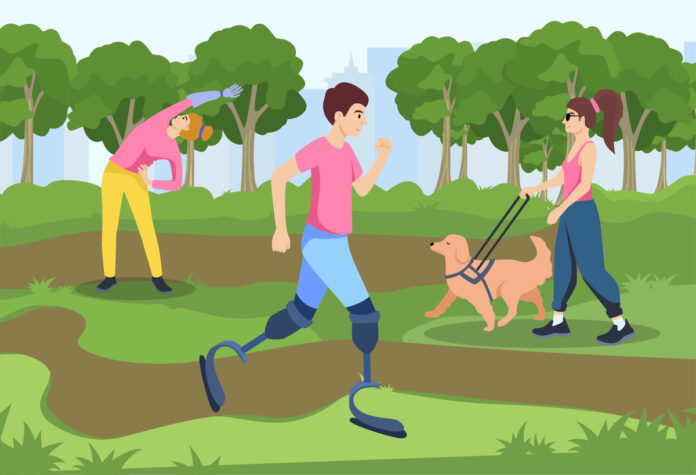Making public spaces accessible to persons with disabilities starts with urban planning.
What’s it about: For parents with kids with disabilities, it can be hard to find a public space, like a playground, that’s accessible. One family’s personal experience transformed into Kilikili, an organisation that has created three inclusive parks at Santhome, Kotturpuram, and Nolambur. NGOs and other organisations are using technology to highlight the importance of accessible and sustainable public spaces.
- For Kilikili, the parks have wheelchair access, accessible toilets, and signages. They worked with the Disability Rights Alliance (DRA) and architect Kavitha Selvaraj to make the space accessible.
- The DRA has been leading the way in inclusive urban planning. Among their achievements are wheelchair-friendly pathways at the Marina and Besant Nagar beaches, to be inaugurated in December.
Necessity: Making spaces accessible and sustainable is important as Indian cities are projected to grow in the future. With global warming and climate change, a new way of thinking in urban planning is necessary. In Mumbai, for example, World Resources Institute partnered with the Brihanmumbai Municipal Corporation (BMC) to introduce Electric Vehicle financing and charging infrastructure.

